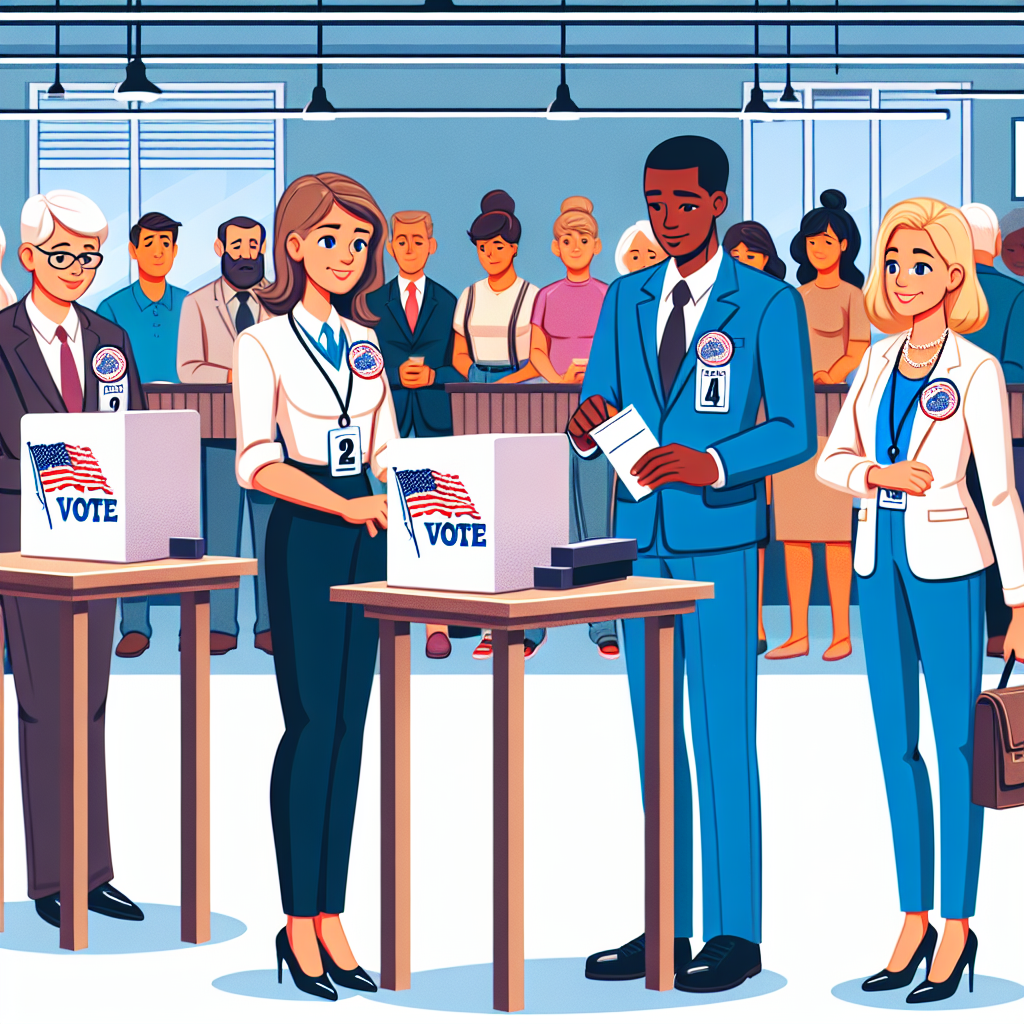Germany's Coalition Collapse Sparks Call for Swift Elections
Germany faces political uncertainty as Chancellor Olaf Scholz’s coalition collapses over budget disputes. Calls grow for swift elections amid economic contraction and geopolitical challenges. Scholz plans a confidence vote in January, likely leading to early elections, as opposition and industry demand stable governance to address domestic and international issues.

Amid a turbulent political landscape, German opposition parties and business groups pressed Chancellor Olaf Scholz on Thursday to expedite elections following the collapse of his three-way coalition. The coalition disbanded amid prolonged tensions regarding how to tackle a sizable budget deficit while striving to rejuvenate Germany's stagnating economy.
The disintegration of Scholz's coalition has induced a leadership void in Europe at a time when the European Union seeks solidarity on vital geopolitical issues, including potential trade tariffs by newly elected U.S. President Donald Trump. Scholz intends to hold a January confidence vote, likely resulting in early elections by March.
This political turbulence has stirred German industry, already grappling with high operational costs and robust Asian competition, to echo calls for prompt elections. Economic uncertainty has surged, exemplified by a rise in German borrowing costs. Meanwhile, the departure of Christian Lindner, Scholz's former finance minister whose conservatism hindered budget resolutions, has exacerbated the government crisis.
(With inputs from agencies.)










